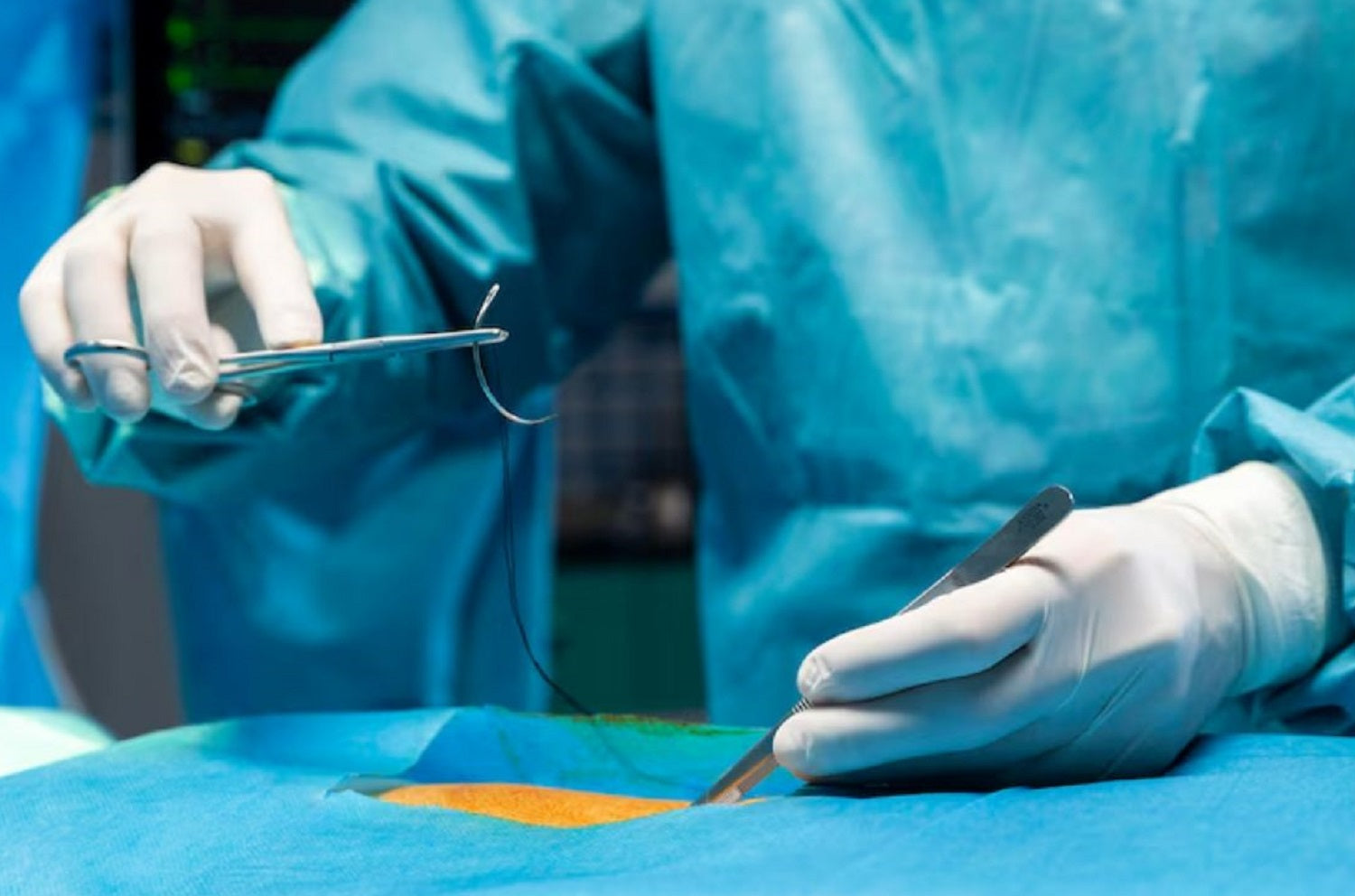

· By Trevor Horne
Choosing The Best Sutures for Medical Procedures
Choosing the right sutures for medical procedures is a critical decision that impacts patient recovery and surgical outcomes. Sutures play a key role in wound closure, providing necessary support while tissues heal. Whether it's a routine dental procedure or a complex surgery, the type of suture used can make a significant difference in healing time and comfort. Understanding the options available helps medical professionals make informed choices that benefit both the practice and the patients.
Selecting the best suture involves considering several factors, including the nature of the surgical procedure and the specific needs of the wound. With advancements in medical technology, there are many types of sutures, each designed for particular applications. By delving into the different categories and understanding their unique features, healthcare professionals can ensure that they're making optimal choices for their patients.
Types of Sutures
When it comes to sutures, there are several types to consider. Each comes with its own set of characteristics suited for different medical needs:
1. Absorbable vs. Non-Absorbable Sutures:
- Absorbable sutures gradually break down and are absorbed by the body over time. They are ideal for internal tissues where removal is not feasible.
- Non-absorbable sutures, on the other hand, are made from materials resistant to degradation, making them suitable for situations that require long-term wound support or for external sutures that will be removed after healing.
2. Monofilament vs. Multifilament Sutures:
- Monofilament sutures consist of a single strand, reducing the risk of infection due to their smooth surface, which bacteria find difficult to attach to.
- Multifilament sutures are braided strands that offer greater tensile strength and flexibility. While they can be more prone to harbor bacteria, they are easier to handle and provide a secure knot.
3. Natural vs. Synthetic Sutures:
- Natural sutures are derived from biological materials, such as silk or collagen, offering elasticity and ease of use.
- Synthetic sutures are made from manufactured polymers, providing a wide range of options tailored to various surgical needs, with predictable absorption rates and uniformity.
Criteria for Choosing Sutures
Choosing the right suture isn't just about the material or type. Several criteria need to be met to ensure the best possible care:
- Type of Tissue and Wound: Different tissues require specific suture types. For instance, delicate tissues may need softer, more flexible sutures, while tougher tissues might benefit from stronger, more rigid options.
- Healing Duration: The expected healing time of a wound dictates whether absorbable or non-absorbable sutures are appropriate. A short healing process might suit absorbable options, whereas longer healing wounds might need non-absorbable sutures.
- Patient Sensitivity and Allergies: It's crucial to consider any known allergies or reactions a patient may have to certain suture materials to avoid complications during the healing process.
Selecting an appropriate suture involves balancing these criteria with practical considerations like availability and cost. By understanding these factors, medical professionals can enhance patient care and improve surgical outcomes.
Popular Suture Brands and Their Uses
In the diverse world of medical tools, choosing the right suture brand is as important as selecting the type and material. Each brand offers something unique, catering to different medical needs. Below are some leading brands and what sets them apart:
- Brand A: Known for high tensile strength, making it a solid choice for procedures that require durable stitches. It's especially popular in surgeries involving complex tissue structures.
- Brand B: Offers smooth, monofilament sutures that reduce the risk of infection. This brand is often selected for surgeries where minimizing tissue reaction is a priority.
- Brand C: Specializes in absorbable sutures with a predictable absorption rate. Ideal for internal tissues where removal is impractical.
- Brand D: Provides versatile, synthetic multifilament options that combine flexibility with strength, suitable for both internal and external usage.
When selecting a brand, the specific medical scenario and desired outcome should guide the choice. Matching the right product to the procedure helps deliver optimal patient care.
Best Practices for Suture Use
Using sutures correctly improves healing and reduces the risk of complications. Following the best practices ensures that wounds are closed securely and remain infection-free.
- Sterilization and Preparation: Before any procedure, ensuring that all sutures and related tools are properly sterilized is vital. Using steam sterilizers can help maintain a sterile environment, minimizing the chance of introducing bacteria to the wound site.
- Handling and Storage: Store sutures in a cool, dry place away from direct sunlight. Handling them with sterile gloves keeps the integrity of the suture and maintains a clean field.
- Minimizing Tissue Reaction: When suturing, using gentle techniques and selecting appropriate suture types reduces irritation and inflammation, promoting faster healing. For instance, monofilament options can be less irritating in sensitive tissue scenarios.
Employing these best practices contributes not only to the success of the procedure but also to patient satisfaction with their recovery process.
Preparing for Surgical Success
Selecting the right sutures is just one aspect of preparing for successful surgical outcomes. Ensuring that all surgical instruments and equipment are in top condition is equally important. From operating room equipment to dental and medical sutures, being well-prepared and equipped guarantees efficiency and patient safety.
Using quality tools and materials isn't simply about performing a procedure; it's about providing the highest standard of care. By prioritizing the best practices and tools, healthcare providers can feel confident in delivering excellent outcomes for their patients.
Choosing the right sutures is just the beginning of ensuring successful surgical procedures. To support your work with durable and reliable instruments, explore how experienced surgical instruments distributors can help you find the right tools for your specific needs. Surgical Instruments Distributors like ProNorth Medical provide quality products that keep your clinic running smoothly.
